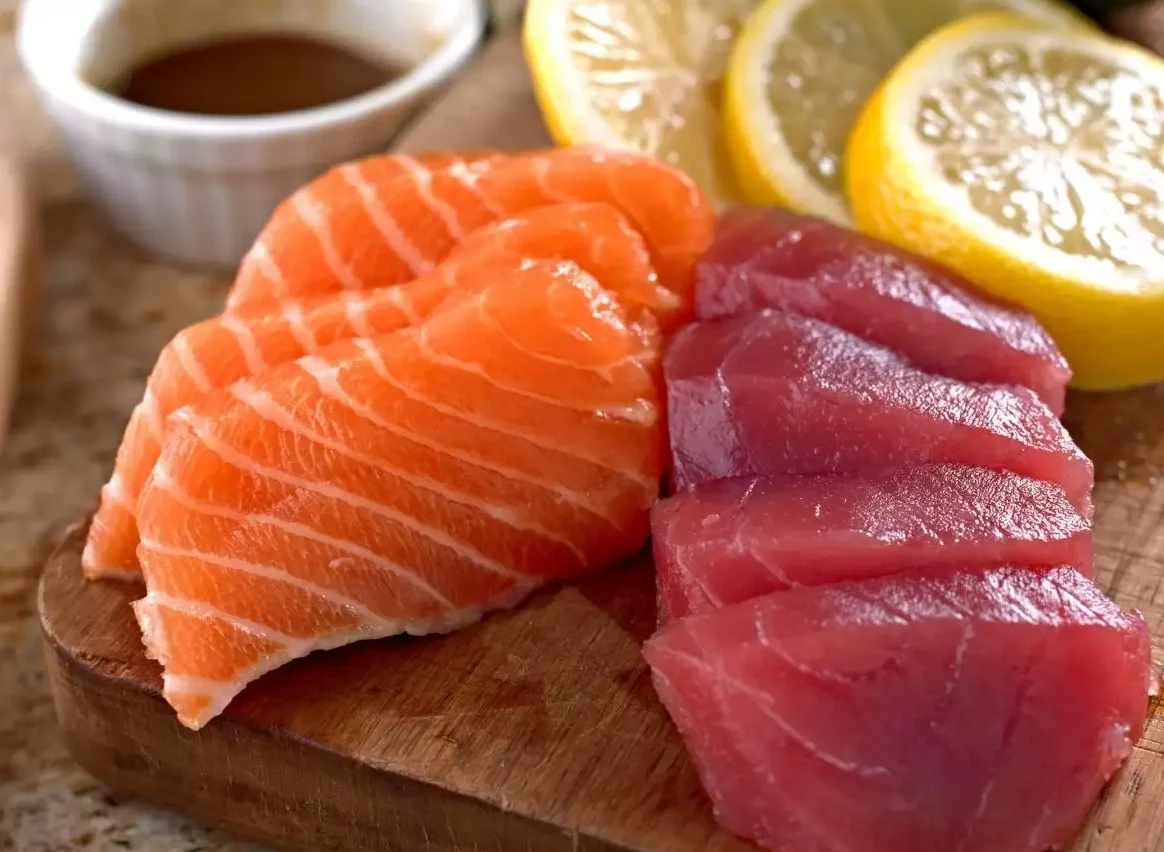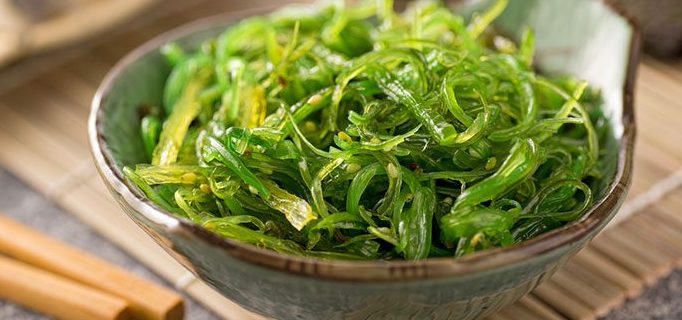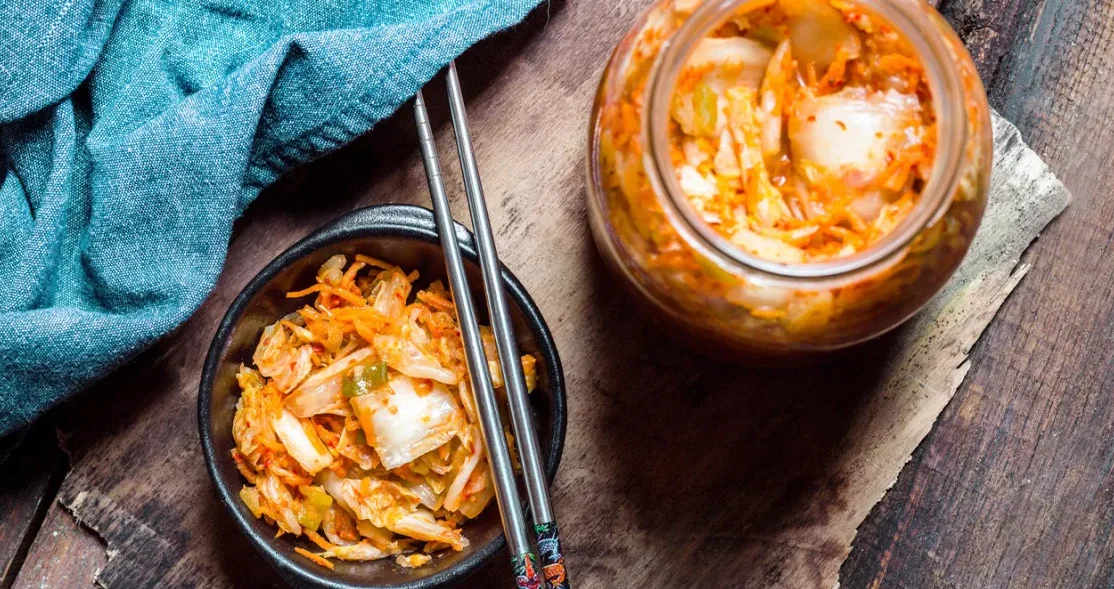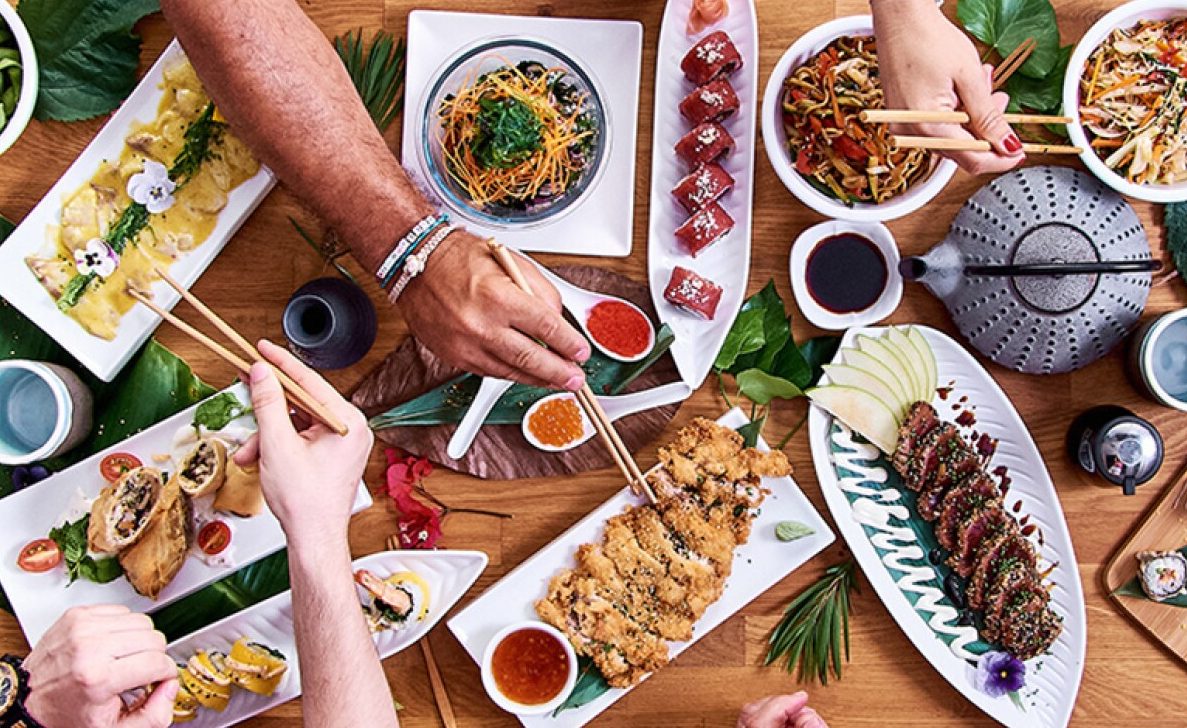The Japanese have the highest life expectancy in the world; it hasn’t stopped increasing. Their current average life expectancy is 84.2 years old. They have the most centenarians in the world; over 80,000 people live over 100 years of age.
Japan has the highest average life expectancy in the world; it has remained consistently higher than 84 years old since 1950. They also have more centenarians than any other country, with over 80,000 people aged 100 or older.
The traditional Japanese diet plays a significant role in the high life expectancy of Japanese culture. Modern nutritionists Walter Willett and Tsuyoshi Tsuduki have praised traditional Japanese diet as having decreased the likelihood of developing cardiovascular diseases. Additionally, Tsuduki said that this traditional Japanese diet of the 1970s has led to longer lifespans and less cases of fatty liver disease and diabetes.
Japan’s diet is built around rice and fish
Don’t overeat.
The Japanese culture encourages people to only eat 80% of their full stomachs. This is because it helps people stay mindful and prevents them from overeating. It also helps people maintain healthy bodies by not creating obesity and having better digestion. Another benefit of eating in moderation is that it can improve one’s overall health.

By not overeating, we can maintain our normal routines without weighing ourselves down.
Green tea is derived from the Camellia sinensis plant.
Replacing your daily coffee with the most popular beverage from Asia can be a great place to start. This drink contains high levels of antioxidants, which helps users maintain healthy aging processes. It can also improve overall immune system function and decrease the risk of cardiovascular diseases. Furthermore, it can reduce insulin and glucose levels in the body.
Seaweed
Some seaweed varieties include wakame, dulse, kombu and nori. Seaweed is an excellent dietary source of vitamins B and E, calcium, iron and selenium. It is also high in fiber and various other minerals. People living in the west may be surprised by some of seaweed’s properties. For example, it decreases body fat storage and reduces blood pH levels. Additionally, it removes metals from the body.

Adding them to your stew or soup slowly is recommended as they’re super flavorful. Adding them gradually will help make your stew or soup stand out; it will also add even more flavor to your dish.
Dulse seaweed contains 30 times more potassium than bananas. Additionally, nori seaweed contains twice the protein found in common meats.
Everything was cooked in a steamy environment
The Japanese diet focuses more on how they eat their food rather than what they eat. They grill, boil, steam or fry foods instead of eating them fried. This helps keep their food tasting fresh and retaining the vitamins and nutrients it naturally contains.
Fish can be eaten any time of the day
Japanese people often consume fish for breakfast. This tradition has led to decreased rates of cardiovascular disease and a high metabolism thanks to fish high in Omega-3 and Vitamin D. People also commonly incorporate other elements found in oily fish into their breakfasts, such as carotenes and healthy fats.
Keep it seasonal to fit the time of year
The Japanese avoid purchasing vegetables and fruits from other countries. They also avoid forced farming methods and buying fruits and vegetables from greenhouse farms. Instead, they strictly follow Japan’s seasons and diet.
Fermented foods include olives and pickles
Healthy gut microbiota can be maintained by eating foods such as sauerkraut, kombucha, miso and pickled vegetables. Fermented foods like kefir contain lactic acid which helps cleanse the colon and maintain healthy bacterial balances. This process makes proteins easier to digest and increases the effectiveness of vitamins that are digested. Additionally, this process makes it harder for people to develop constipation.
Japanese nationals regularly consume fermented foods daily
Chew your food thoroughly before swallowing.
Chewing your food thoroughly helps your body properly digest and absorb the nutrients it needs. This is because your stomach doesn’t have to work as hard when you chew. Japanese habits regarding food are significantly different from the Western way of eating. They eat at a leisurely pace, without stress.

By eating this way, you experience greater comfort. Additionally, it has been shown that taking your time while eating reduces stress and leads to more fullness than if you were hurriedly eating. This helps reduce the likelihood of obesity. Using chopsticks to eat slowly can help you if you have a fast metabolism. I’ve found that this trick actually works!
